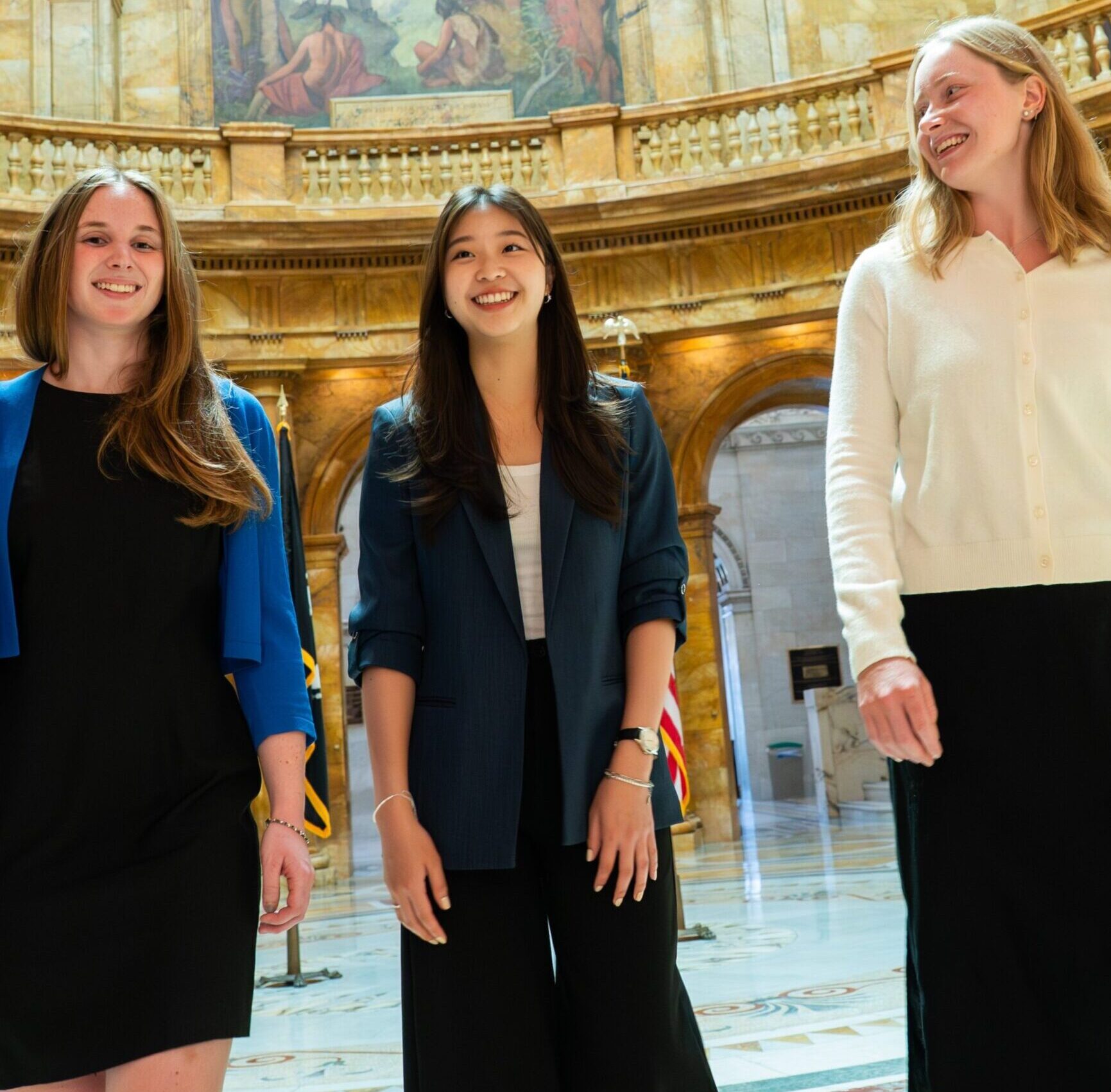On the Battery Frontier
Author: Karan Takhar
What if there were a battery that would reduce the charging time of an electric car to 10 minutes and outlast existing batteries by a factor of ten?
The question drives Professor Xin Li’s research into so-called solid-state batteries at Harvard’s School of Engineering and Applied Sciences. Solid-state batteries are a type of rechargeable battery that uses solid electrodes and a solid electrolyte, as opposed to the liquid or gel electrolytes found in traditional lithium-ion batteries. The new technology has the potential to offer higher energy densities, longer lifetimes, and improved safety compared to traditional lithium-ion batteries. However, the technology is still under development and not yet available in commercial products.

Li was attracted to the field of energy storage technology as a postdoc at MIT (2011-2015), when he studied the nuances of battery development of the traditional lithium-ion battery technology. That the field was new and complex, and that it held such potential for growth drew him to this research. “Complexity means opportunity,” he said. “It provides the opportunity to create more advanced performance.”
The nascency of solid-state battery technology made for great difficulty. All 200 of the first batteries that Li developed failed. With persistence and the attention to fundamentals, however, Li and his research team have developed batteries that outperform the current lithium-ion batteries across several performance metrics: charge time, range, and operational lifecycle.

Today’s most advanced electric vehicles take some 50 minutes to charge at a supercharging station. The new battery technology can reduce charging times to fewer than 10 minutes, according to Li. The range of an electric car on a single charge, which now ranges between 250 – 350 miles, could be extended to 500 miles using a solid-state battery. The enhanced performance complicates the economics of the new technology. Solid-state batteries would increase the upfront cost of an electric car. But the vehicle’s battery would increase battery life from 1000 lifecycles (approximately 250,000 miles) to 10,000 or even 20,000 lifecycles in some cases. Consumers would, therefore, save significantly on battery replacement costs.
The next challenge for Li is to help this technology be manufactured in ways that it benefits from economies of scale, while maintaining high performance standards. Li says that he is optimistic it will happen over the next few years.










